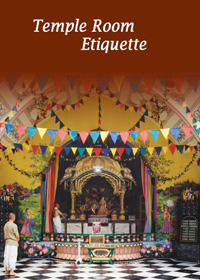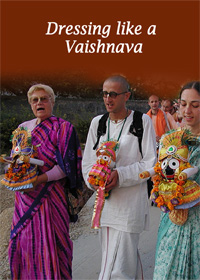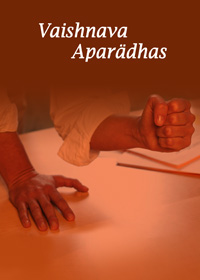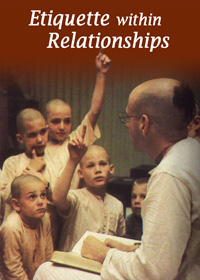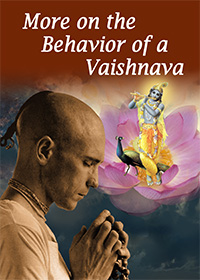The 2012 Gaura Purnima Festival in Mayapur will be a little different than the previous ones. The first four days the focus will be on re-learning how to chant from the heart. The Kirtan Mela will be held with some of the world’s best kirtaniyas headed by Sacinandana Swami and Madhava Das. (More details on this particular aspect of the festival athttp://kirtanmela.org/)
Another new aspect is that on top of having free prasad for festival participants, there will also be free camping facilities (
